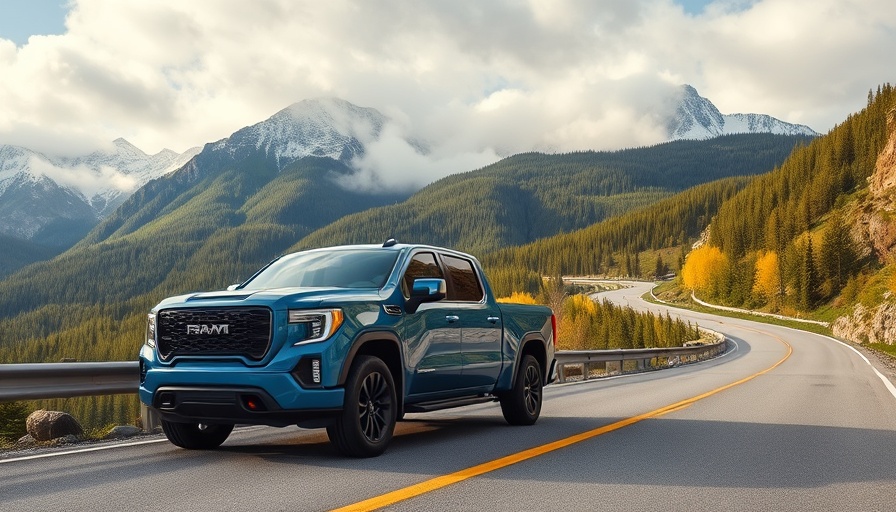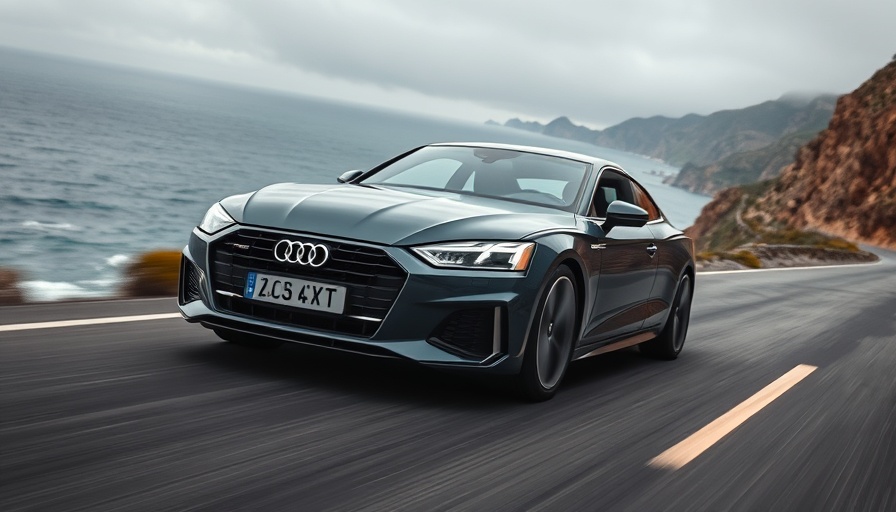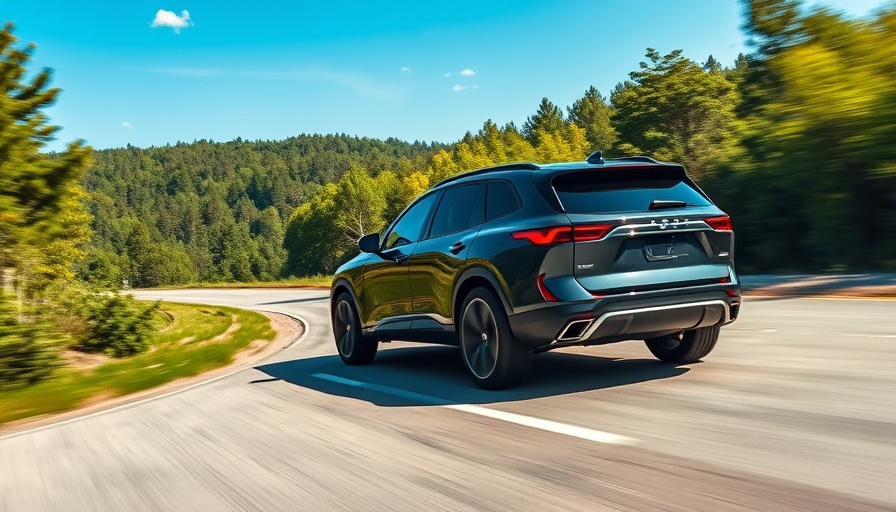
Ram's Shift Towards Electric Vehicles: What We Know So Far
Ram has made headlines recently with news that it is delaying the launch of two highly anticipated electric vehicles: the Ramcharger EREV pickup and the Ram REV electric truck. Initially expected much sooner, these launches have collectively been pushed back to 2026 and 2027, respectively. This decision raises questions concerning the future of electric trucks in a market that is rapidly evolving and increasingly focused on sustainability.
Understanding the Ramcharger EREV and REV Electric Trucks
The Ramcharger EREV (Extended Range Electric Vehicle) promises to bring together the power of traditional truck performance with the efficiency of electric technology. Meanwhile, the Ram REV electric truck is aimed at fully electrifying Ram's lineup. Both models were expected to provide compelling options for consumers looking to transition to cleaner transportation without compromising on capability.
Why the Delay Matters: Implications for the Automotive Market
This delay is significant not only for Ram but for the entire automotive market. As manufacturers like Ford and GMC release impressive new electric models, Ram’s postponement signals a seismic shift. It highlights the challenges carmakers face in meeting consumer expectations and regulatory pressures surrounding emissions and fuel efficiency. As consumers grow more environmentally conscious, the urgency of delivering these vehicles intensifies.
Consumer Expectations and Market Pressure
The need for a solid electric truck offering has never been more apparent. Currently, the electric vehicle market is competitive, with many buyers and critics eagerly awaiting advancements. Many Ram fans are likely disappointed, especially as competitors like Ford are expanding their electric offerings with the F-150 Lightning and upcoming electric variants of other popular models.
Historical Context: The Evolution of Electric Vehicles
The evolution of electric vehicles has been remarkable, and the truck segment is a focal point for innovation. Traditional gas-powered trucks have long dominated the market, but increasing fuel prices and climate concerns are reshaping consumer preferences. As we saw with the introduction of models from other manufacturers, early adopters may influence the rapid acceptance of electric trucks.
A Look at Future Trends in the Automotive Sector
Looking ahead, attention turns to future trends in electric vehicle technology and market demands. Experts predict the electric truck sector could reach a tipping point wherein manufacturers invest heavily in infrastructure for charging stations and partnerships with energy companies. This collaboration could pave the way for a more extensive rollout of electric models, beyond just competing with gasoline counterparts.
Advice for Prospective Truck Buyers
For consumers interested in purchasing a truck—whether electric or traditional—waiting for Ram's new offerings might be worthwhile if they prioritize features unique to the Ram lineup. Stay informed about potential features like improved towing capacity and enhanced technology in the electric versions. Meanwhile, explore available electric options from competitors that might align with your immediate needs.
What's Next for Ram and the Automotive Industry?
Ram's upcoming electric trucks signal a shift in the industry, but delays like these highlight the friction between traditional manufacturing timelines and modern consumer demands. As we assess these developments, it will be important to watch how Ram adapts to stay competitive while mitigating risks in production innovation. The overall lesson? Being patient may open the door to advanced tech solutions that genuinely transform the driving experience.
While waiting for Ram to deliver these highly anticipating electric vehicles, consumers can take action by learning more about the current offerings from manufacturers in the electric truck market and refining what they want in a vehicle, be it for utility, sustainability, or innovation.
 Add Row
Add Row  Add
Add 




 Add Row
Add Row  Add
Add 

Write A Comment